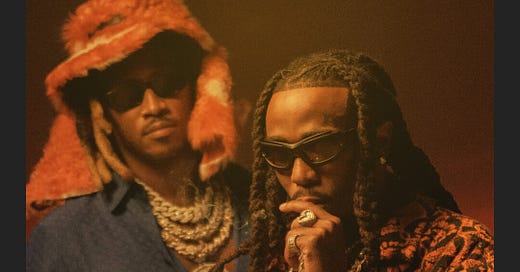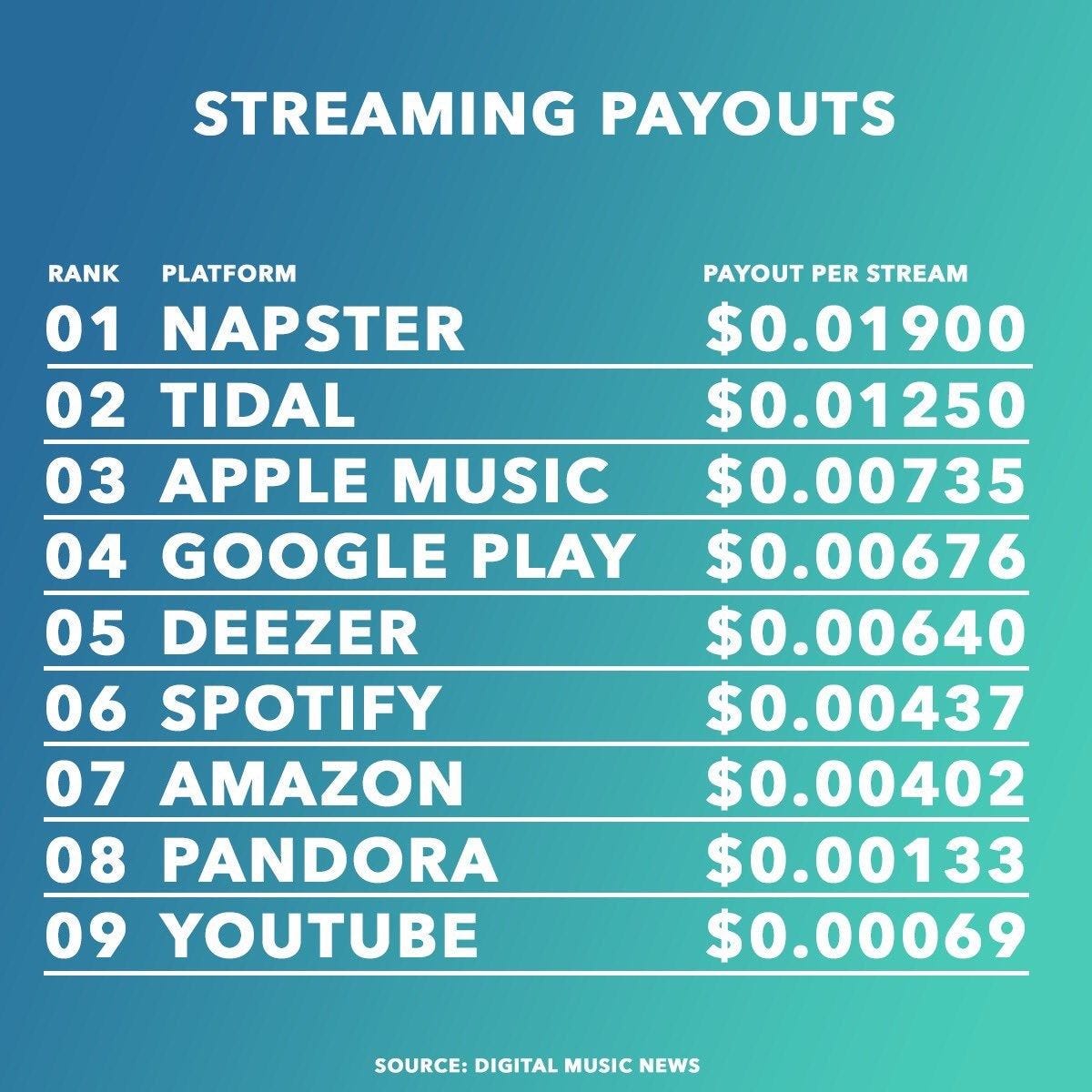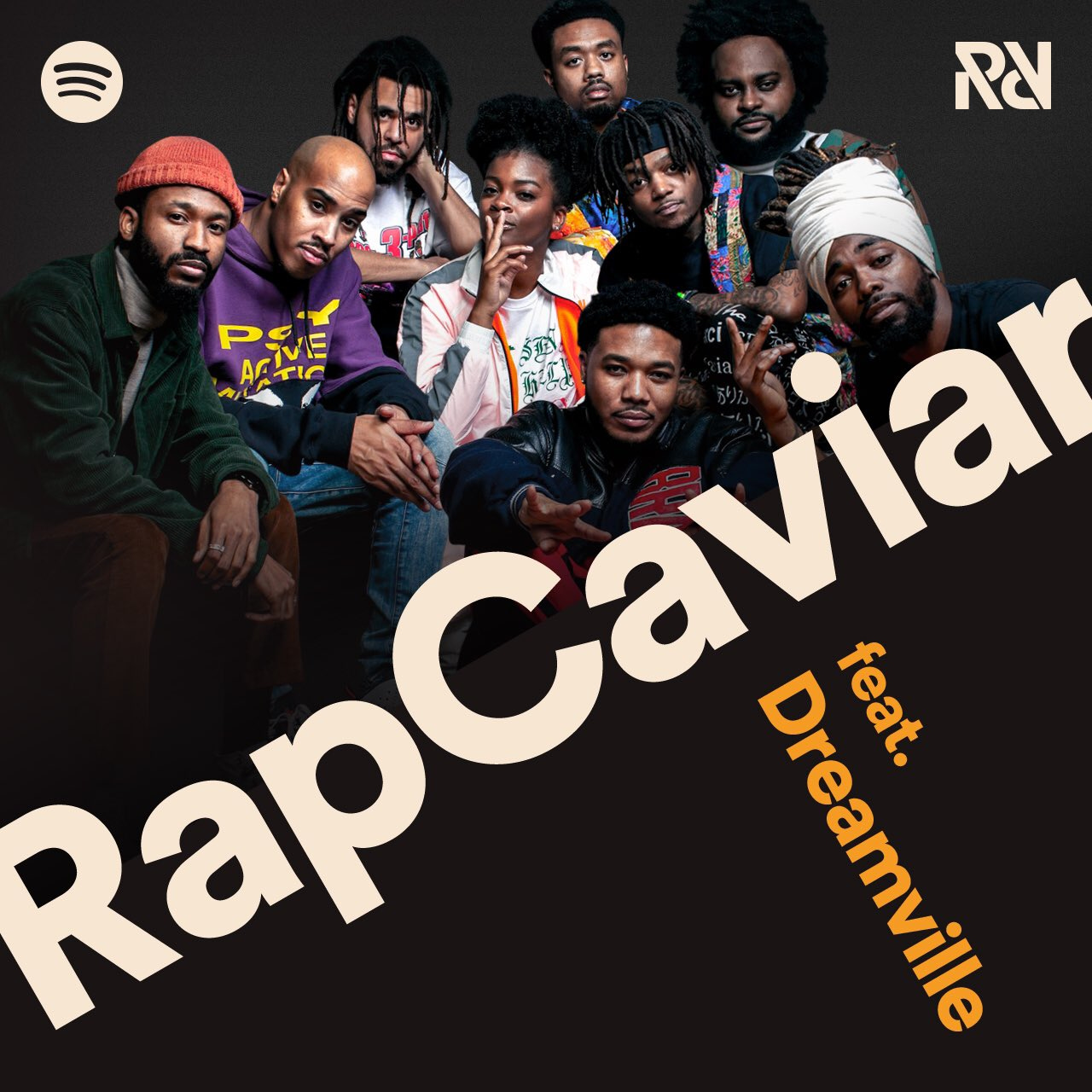The Art of Exploitation: The Struggles of Hip-Hop Artists in Streaming Services
Hip-hop has transcended cultural boundaries to become a global phenomenon, influencing millions of people and shaping popular culture. Despite its immense popularity, hip-hop artists face significant challenges when it comes to fair compensation in the digital age. The rise of streaming services has undoubtedly revolutionized music consumption, but it has also exposed the inherent flaws in the revenue distribution system. This essay explores how streaming services fall short in paying hip-hop artists their due, shedding light on the underlying issues and the need for reform.
Hip-hop artists are prolific creators, releasing numerous singles and albums to connect with their audiences. However, the per-stream royalties offered by streaming services often remain disappointingly low. While these platforms boast millions of users, the compensation per individual stream is mere fractions of a cent. As a result, hip-hop artists, especially those at the grassroots level, must accrue a vast number of streams to generate a meaningful income. This disparity is exacerbated when compared to other genres, as hip-hop's high tempo and intricate production demand considerable time and resources.
Hip-hop is more than just a genre; it is a cultural movement that has influenced fashion, language, and social activism. Its artists have played crucial roles in advancing societal conversations and advocating for change. Yet, streaming services often fail to recognize the cultural significance of hip-hop, leading to a devaluation of the art form. The lack of acknowledgment and equitable compensation can be discouraging for hip-hop artists, who strive to share their stories and experiences with the world.
Playlists are powerful tools for artists to reach new audiences and increase their streams. However, many streaming services curate their playlists, and hip-hop artists often face difficulties getting their music featured prominently. This inequality in playlist placements further exacerbates the disparity in streaming royalties between hip-hop and other genres. While major labels and well-established artists receive coveted spots on popular playlists, emerging hip-hop talents struggle to secure the same opportunities, hindering their chances of sustainable success.
Major record labels often wield substantial influence in the music industry, dictating terms with streaming services to protect their interests. Unfortunately, this influence can come at the expense of hip-hop artists. Major labels tend to prioritize their mainstream, established artists, relegating lesser-known hip-hop talents to the periphery. Consequently, the revenue generated from hip-hop streams is disproportionately distributed, leaving many artists with meager compensation for their creative contributions
The shift to streaming services has led to a decline in traditional album sales, affecting hip-hop artists' earnings. Historically, hip-hop artists thrived on album sales, with loyal fans eager to purchase physical copies. However, as streaming becomes the preferred method of music consumption, hip-hop artists must adapt to the new landscape. While some artists may benefit from the convenience and accessibility of streaming, others struggle to reconcile the decline in album sales with reduced income.
Many hip-hop artists, particularly those at the beginning of their careers, face exploitative contracts from record labels or distribution companies. These deals often include unfavorable terms that further impede fair compensation from streaming services. Some artists may even find themselves locked into deals that severely restrict their creative freedom and ownership rights, hindering their ability to negotiate better terms with streaming platforms.
Hip-hop artists have played an integral role in shaping the musical landscape and social consciousness of our time. However, the rise of streaming services has brought to light the systemic issues that impede fair compensation for these artists. The marginal per-stream royalties, undervalued cultural impact, and inequality in playlist placements highlight the disparities faced by hip-hop artists in the digital era. Additionally, the influence of major labels and exploitative contracts further exacerbate the struggles of these talented musicians.
To create a more equitable and sustainable future for hip-hop artists, the music industry, streaming services, and consumers must collectively recognize and address these challenges. Reforms such as increased per-stream royalties, fair playlist curation, and enhanced representation for emerging artists can help foster a more supportive environment for hip-hop musicians. By working together to empower and value hip-hop artists, we can ensure that this vibrant genre continues to flourish and inspire generations to come.








